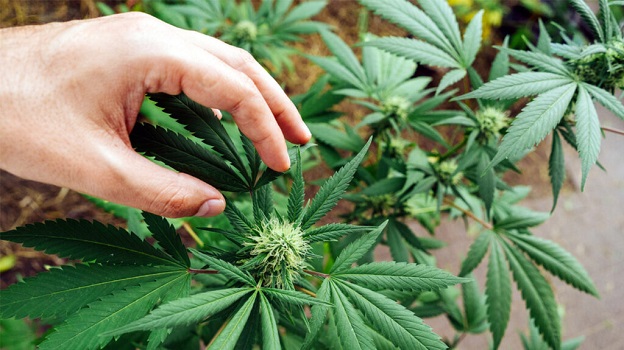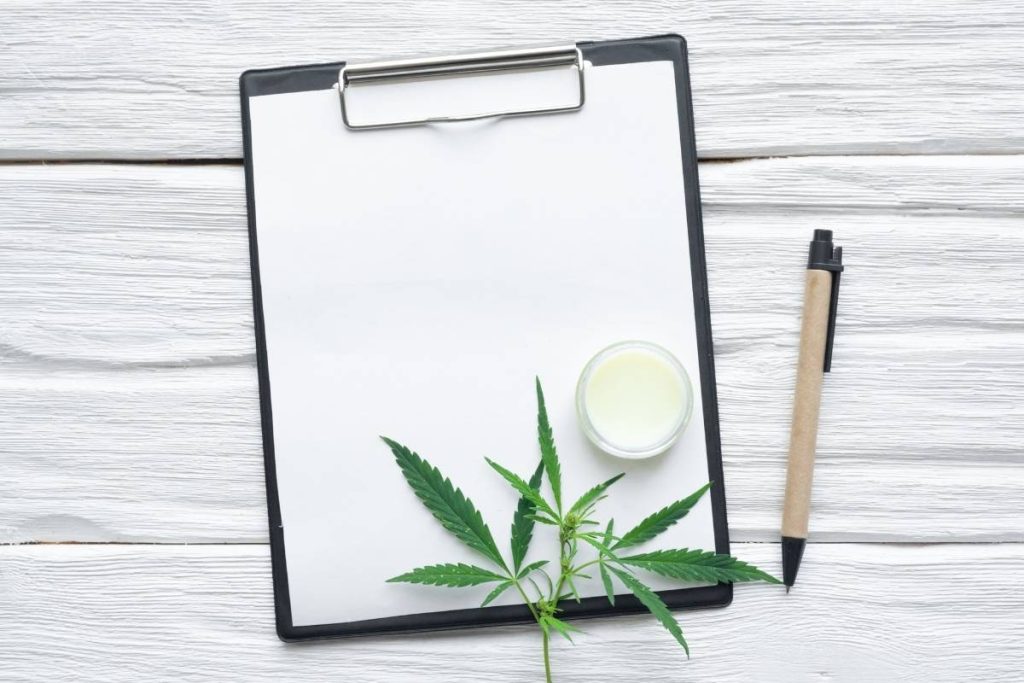Cannabidiol (CBD) is a non-psychoactive chemical found in cannabis and hemp that can be isolated and mixed with oil for ingestion. CBD tincture for dogs in Canada made from hemp has been marketed and sold as a natural medicine for dogs’ inflammation, stress, sleeplessness, and various other ailments. However, not only pets benefit from the effect of CBD products. Many humans use Canadian CBD oil to help with anxiety and stress.
Over the years, the use of CBD is becoming more widely accepted. The question now is; how should companies handle CBD in the work environment? Read on for more valuable insights.
CBD in Connection to Cannabis and THC
The term “cannabis” pertains to the species of plants from which the narcotic cannabis is made. Cannabis includes the psychoactive chemical tetrahydrocannabinol (THC), which causes cannabis users to feel “high.”

Cannabis comes in various strains, some of which have significantly lower THC levels and hence have little to no intoxicating effect. Hemp is one such variation classified as a cannabis plant with a THC content of less than 0.3 percent. CBD is a chemical component found in both hemp and cannabis.
CBD oil generated from hemp with less than 0.3 percent THC has no known impairment effects that companies should be worried about in the working environment. Furthermore, CBD oil derived from hemp is unlikely to result in a positive outcome in employment-related drug screening, as most tests search for evidence of THC ingestion instead of CBD.
CBD in the Workplace
Whether or not an employer is required to facilitate the use of CBD oil for therapeutic reasons varies by location and is heavily influenced by whether the CBD oil is produced from cannabis or hemp. Employers will generally accept CBD oil made from hemp and used for therapeutic purposes unless they are in a region that has chosen a more restricted policy on hemp-derived CBD than the national government.
Companies in areas without medicinal cannabis legislation are not required to allow workers to consume CBD oil made from cannabis that contains more than 0.3 percent THC. Nevertheless, in areas where medicinal cannabis is permitted, a state-by-state evaluation is necessary, as some, though not all, of these jurisdictions, offer safeguards for workers who use medicinal cannabis. However, states do not require employers to permit cannabis use in their facilities, nor do they have to accept a worker under the influence while doing their job.
Businesses may face challenges due to the diverse nature of CBD-based products. Even if marketed in a place that does not allow the sale of cannabis products, many CBD products are not controlled by the FDA and may include more than the legally permitted quantity of THC.
As a result, a worker could consume what they feel is a legally authorized hemp-derived CBD item, but the unregistered brand could result in a positive THC test result. In such cases, a company may not tell whether the favourable result was caused by CBD oil or cannabis use.

As the usage of medical marijuana has grown in several places, businesses that are not obligated by state or federal laws or regulations to check for narcotics have either reduced or eliminated their drug testing operations. Companies may wish to thoroughly study the medicinal cannabis legislation in their areas before taking any action against an employee or applicant who asserts to use cannabis or CBD oil for medical uses due to the ever-changing landscapes and various levels of complexity in this field.

